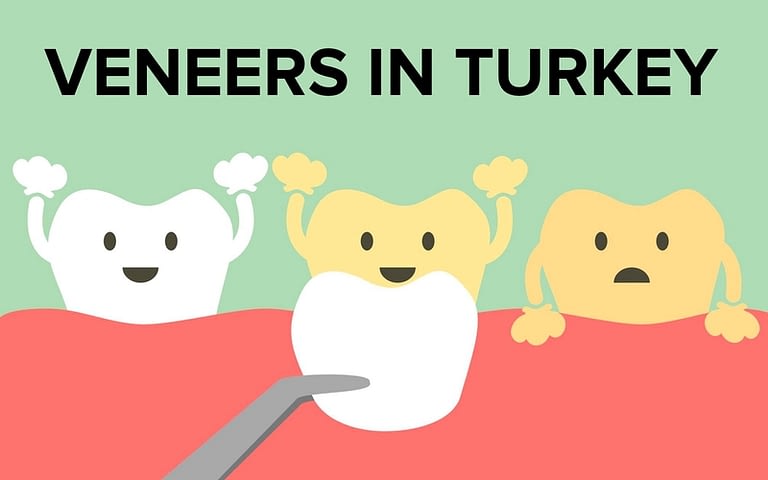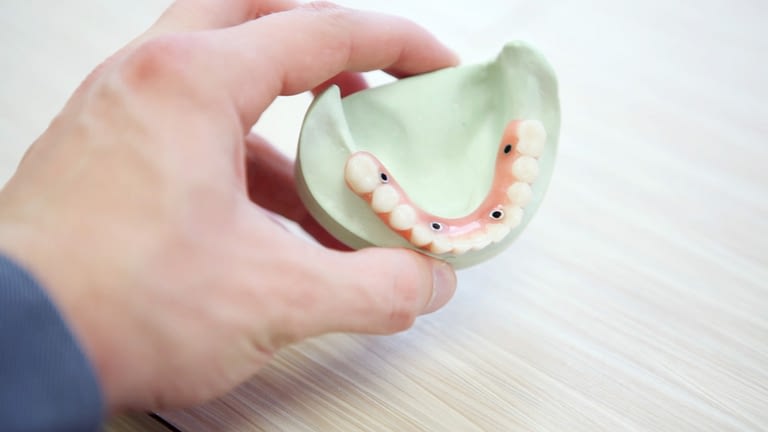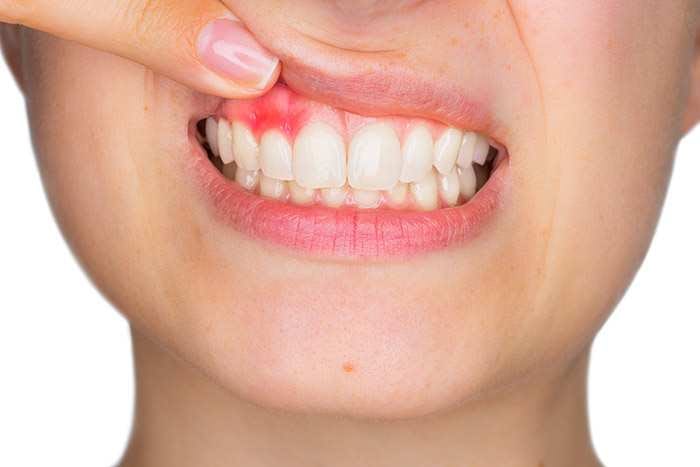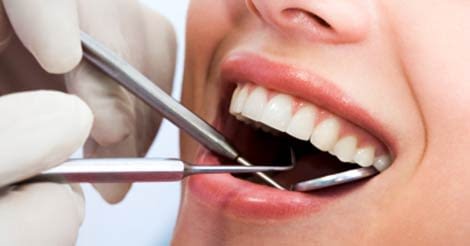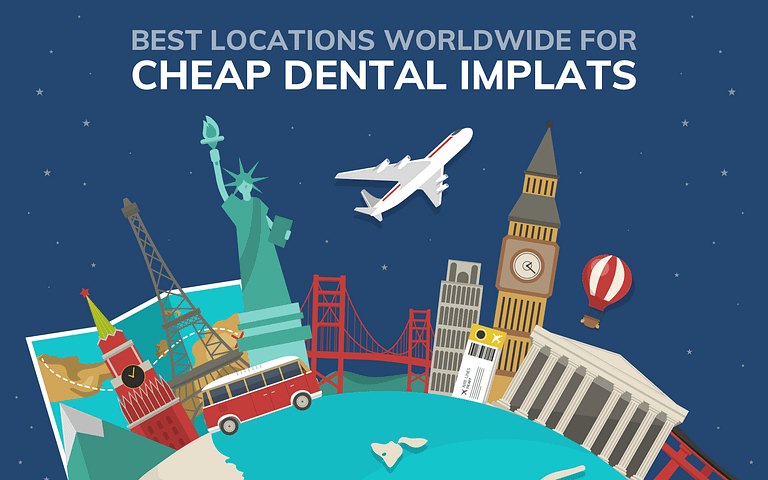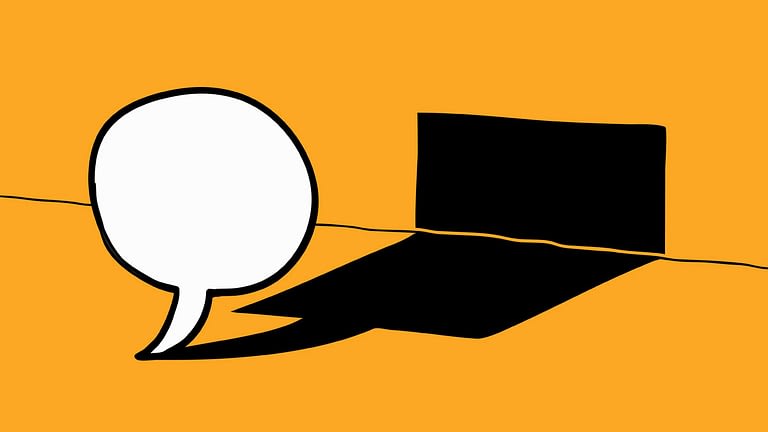Dental Care In Babies
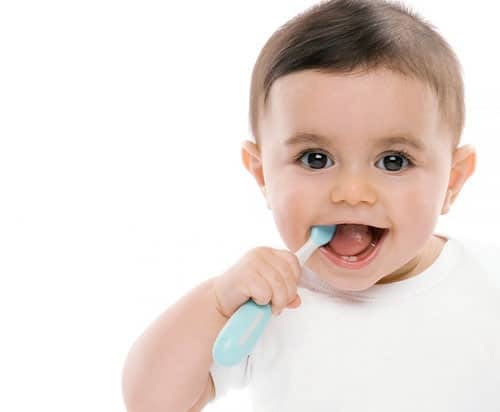
You finally notice that first little tooth bud poking through the gums after weeks of watching your kid drool and cry. Your infant’s gummy grin will eventually be replaced by two rows of baby teeth during the following few years. Even though baby teeth are little, they are vital. They serve as substitutes for adult teeth.
Your kid will have difficulty swallowing, smiling, and speaking effectively if he does not have a good set of baby teeth. That is why it is critical to look after an infant’s teeth and keep them free of decay. Your infant will become accustomed to the daily routine if you begin early. In this article, we will give information about everything needed to know about dental care in babies.
When Should You Start Cleaning Babies’ Gums?
Maintaining dental care in babies is critical for maintaining mouth health. Clearing milk and food residues, and preventing bacteria accumulation is highly important. Dental care in babies aids in the development of healthy gums and teeth in the newborn. Baby teeth keep the gaps in the mouth open for permanent teeth to erupt. Most kids don’t grow teeth until they’re six months old.
However, it’s a good idea to start dental care in babies as soon as he is born, even before the teeth emerge. Brushing your teeth can begin as soon as the teeth develop. It’s also a good idea to take your infant to the dentist before his first birthday to guarantee good tooth hygiene.
Switch to a soft-bristled brush made exclusively for newborns and early toddlers once your baby has cut their first tooth. But don’t forget to cleanse their gums! Even after their first tooth emerges, your baby’s gums will be exposed to anything they put in their mouth. Until they have more teeth covering the region of their gums, you must wash their gums as part of your daily oral hygiene practice. Maintaining dental care in babies will also aid to relieve their pain when their teeth burst through their gums.
It’s crucial to book your baby’s first dentist visit after their first tooth appears. Some parents may consider this weird since they see the dentist bending over their small child with an electric toothbrush. This, however, does not occur during a baby’s first dental appointment. There are many goals of the first dental appointment. It promotes healthy dental care in babies’ practices, assesses the baby’s oral health, and creates a baseline for future visits. It also encourages your youngster to be less apprehensive about going to the dentist as they become older.
How Do You Take Care Of A Baby’s Oral Hygiene?
There are ways for taking care of dental care in babies. Some parents like to go from a washcloth to a soft-bristled toothbrush. While others choose to use silicone finger brushes for baby teeth to make the transition easier. Finger toothbrushes for newborns have nubs on them that clean teeth while still being gentle on the gums.
There are several alternatives to choose from once your child is ready for a baby toothbrush. Children’s toothbrushes feature clearly labeled age and stage recommendations, so you won’t be caught off guard in the pharmacy. Toothbrushes for babies and toddlers usually feature a larger handle that’s easier to hold. They come in a variety of colors and characters to encourage them to brush.
Brushing your baby’s teeth is easier while they are lying down on the floor, bed, changing table, or crib. You may use one free hand to lift the lips and cheeks out of the way while brushing his teeth with the other. Make careful to capture the front surfaces as well as the rear surfaces and grooves, which might be difficult to notice. Gingivitis may affect babies just like it affects adults.
So, brush along their gum line to reduce the risk of bleeding gums and gum disease. Due to the squirminess of newborns, it may require two individuals to complete the task. One to hold the baby and the other to focus entirely on brushing.
Baby Teeth Development
The teeth development of babies is important for dental care in babies. The term ‘eruption’ refers to a tooth that has broken through the gum line. Teething is a term used to describe the emergence of teeth in newborns. The eruption of teeth varies from kid to child. Although the exact teething date varies from kid to child, the order in which teeth grow is more stable. By the age of three, most children have their whole set of 20 main teeth.
Around the age of six months, a baby’s immune system begins to alter. This, combined with their proclivity for putting items in their mouths, makes them more susceptible to disease. Teething is frequently blamed for symptoms of common childhood ailments. Like changes in sleep and feeding habits, fussiness, rash, drooling, runny nose, and diarrhea, even then teething isn’t the reason.
Teething takes roughly 8 days. Including 4 days before the tooth emerges from the gums and 3 days after the tooth emerges from the gums. This is known as an eruption cyst, and it generally goes away on its own. It might be difficult to keep youngsters comfortable in this period. Early dental care in babies decreases the problems that may occur in this process.
Hope this article will help you find out the dental care in babies. You can read our previous post on https://dentalguideturkey.com/how-does-the-process-go-teeth-filling/

